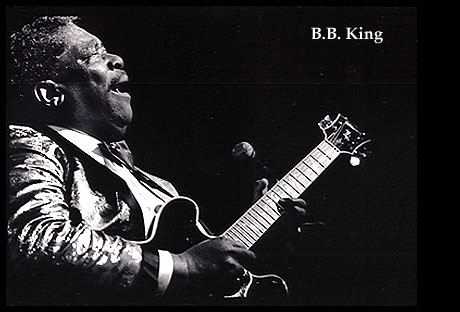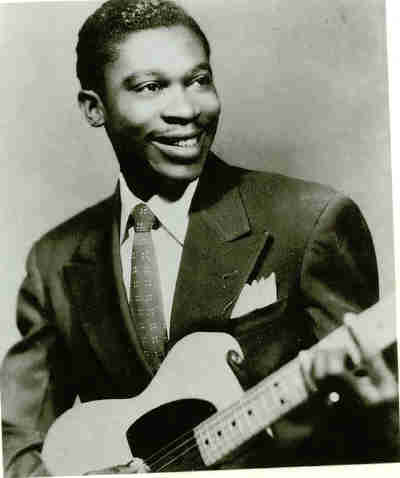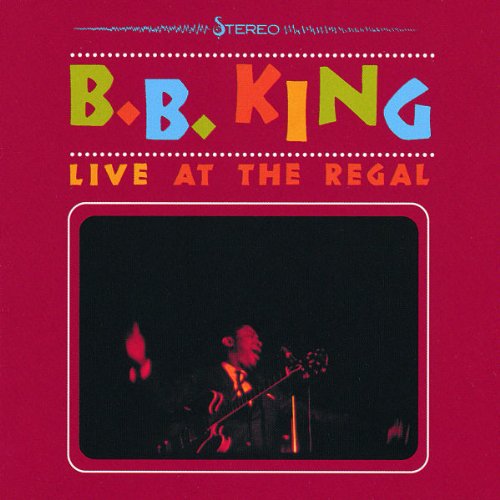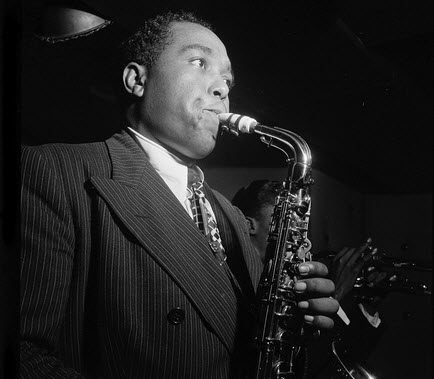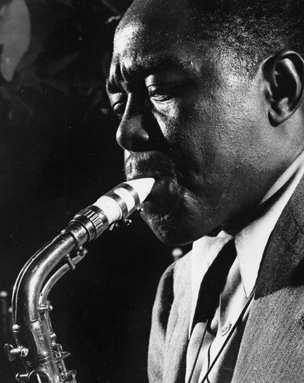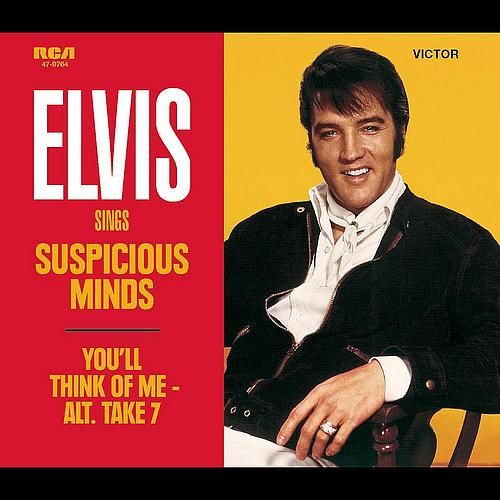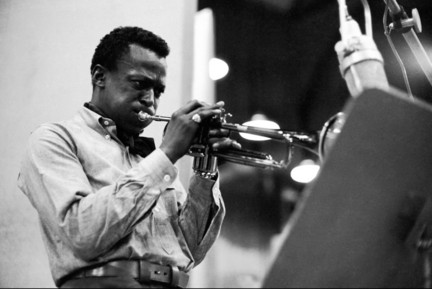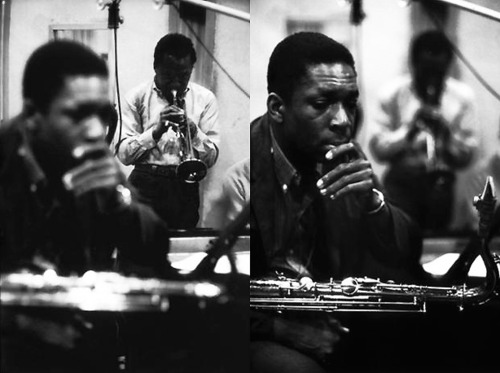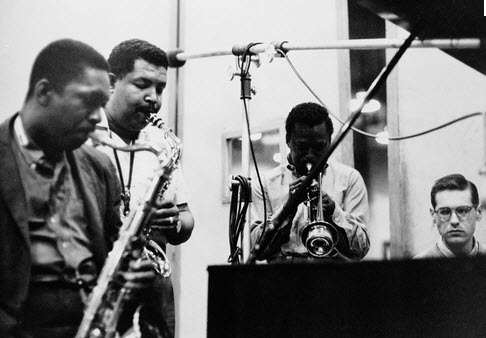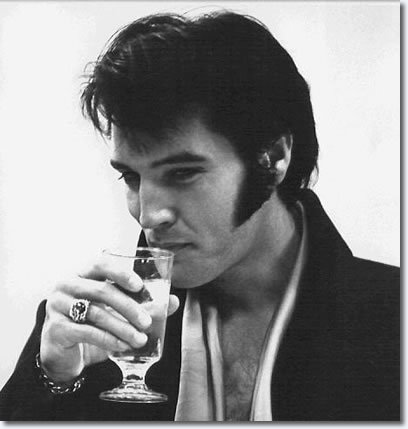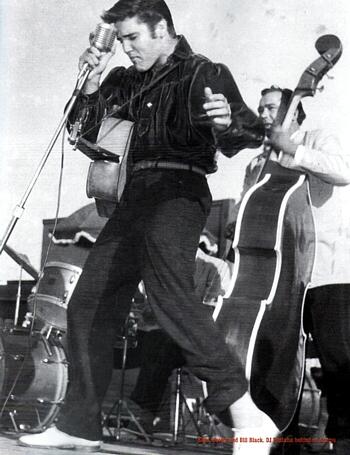From Wikipedia:
| Birth name | Riley King |
|---|---|
| Also known as | B.B. King
King of the Blues |
| Born | September 16, 1925 (age 87) |
| Origin | Itta Bena, Mississippi, United States |
| Genres | Blues, soul blues, jazz, blues rock, electric blues, rhythm and blues, soul |
| Occupations | Musician, songwriter, producer |
| Instruments | Vocals, guitar, piano |
| Years active | 1949–present |
| Labels | Geffen/Interscope/Universal,Bullet Records, RPM Records,Crown, ABC, MCA,Reprise/Warner Bros.,Virgin/EMI |
| Associated acts | Bobby Bland, Eric Clapton,Pappo, Big Krit |
Riley B. King (born September 16, 1925), known by the stage name B.B. King, is an American songwriter, vocalist, and famed blues guitarist.
Rolling Stone magazine ranked him at No. 6 on its list of the 100 greatest guitarists of all time. and No. 17 in Gibson’s Top 50 Guitarists of All Time. According to Edward M. Komara, King “introduced a sophisticated style of soloing based on fluid string bending and shimmering vibrato that would influence virtually every electric blues guitarist that followed.” King was inducted into the Rock and Roll Hall of Fame in 1987. He is widely considered one of the most influential blues musicians of all time, because of this he is often nicknamed ‘The King of Blues’. He is also known for performing tirelessly throughout his musical career appearing at 250-300 concerts per year until his seventies. In 1956 it was noted that he appeared at 342 shows, still at the age of 86 King appears at 100 shows a year.
Over a period of 63 years, King has played in excess of 15,000 performances.
The Thrill Is Gone (Live at Montreux 1993):
Everyday I have the Blues:
How Blue Can You Get (Legends of Rock ‘n’ Roll):
Album of the day – Live At The Regal (1965):
Other September 16:

